On August 28, the 12th Vietnam Information Technology Day 2025 (Vietnam IT Day) took place in Japan, attracting more than 200 delegates from more than 150 Japanese enterprises and 12 Vietnamese enterprises.
The event was organized by the Vietnam Software and Information Technology Services Association (VINASA) under the auspices of the Ministry of Science and Technology of Vietnam and in coordination with: Japan Information Industry Association (JISA), Japan External Trade Organization (JETRO), Vietnam-Japan Information Technology Cooperation Committee (VJC), Vietnam Digital Transformation Association in Japan (VADX).
Deputy Minister of Science and Technology Bui Hoang Phuong and leaders of relevant Departments and Offices of Vietnam and Japan attended the program.
3 initiatives to 'Co-create the digital future'
In the context of many fluctuations in the world, Vietnam-Japan economic relations still maintain a solid foundation. Bilateral trade turnover reaches 46.23 billion USD in 2024, recovering after a period of adjustment; the trade balance is tilted positively in Vietnam's favor.
Japan is also one of the largest investors in Vietnam, with more than 5,557 projects and a total registered capital of 78.6 billion USD as of March 2025.
A survey by the Japan External Trade Organization (JETRO) shows that more than 60% of Japanese enterprises operating in Vietnam plan to expand in the next 1-2 years; about 50.9% of enterprises want to increase purchases of products and services in Vietnam. These are strong signals about the reliability of Vietnam's supply chain and digital human resources.
In terms of structure and quality of technological cooperation, Vietnamese enterprises have gone beyond the traditional outsourcing model. Vietnamese enterprises currently account for about 6-7% of the market share of the software development outsourcing market in Japan (scale of over 30 billion USD/year), maintain a growth rate of 20-40%/year, and participate in the entire product life cycle: from R&D, system architecture, to modernization implementation (cloud, AI, blockchain, XR...).
The Japanese market is considered strict and standardized, but it is also a "furnace" that helps Vietnamese businesses mature and a launching pad to reach out globally.
To date, Vietnam has become Japan's second largest software development partner and is the preferred choice of Japanese enterprises in the information technology sector.
There are currently more than 300 Vietnamese IT companies established and providing products and services to this market. Of these, more than 100 companies currently have offices in Japan.
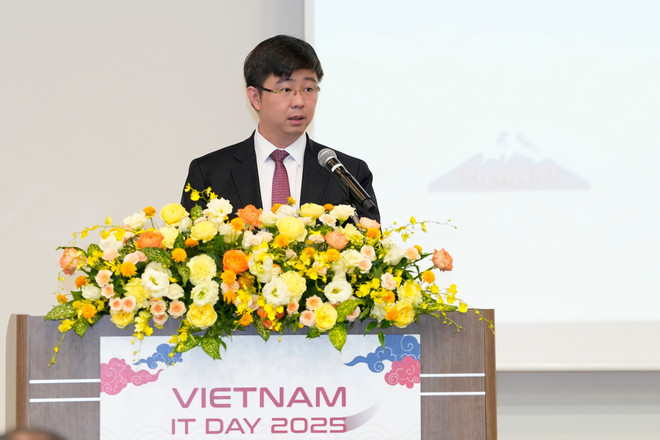
Speaking at the event, Mr. Bui Hoang Phuong - Deputy Minister of Science and Technology of Vietnam, shared 4 'touch points' where Japanese enterprises can cooperate more closely with Vietnamese partners: "First, expand strategic cooperation with Vietnamese enterprises in software, digital technology services, digital transformation and development of new technology products. Second, strengthen joint R&D, jointly invest in laboratories and centers in Vietnam and Japan in strategic technology fields, especially digital technologies such as AI and semiconductors. Third, promote open innovation, create conditions for Vietnamese startups and creative enterprises to participate in supply chains, incubators, and pilot projects in Japan (healthcare, smart cities, logistics, etc.). Fourth, support training and human resource exchange."
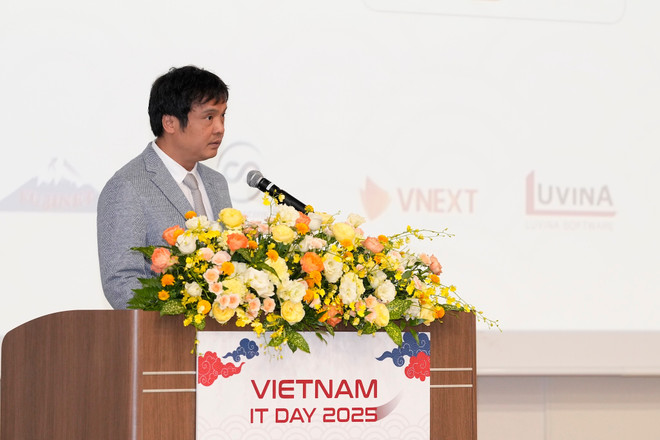
Sharing the same view, Mr. Nguyen Van Khoa - Chairman of VINASA, emphasized: Vietnamese enterprises are not only 'ready' but are implementing the most complex Digital Transformation and AI solutions. The capacity of Vietnamese enterprises has been proven through large-scale projects, helping to modernize systems for leading corporations in the fields of finance, retail, and logistics in Japan.
Moreover, in the Digital Transformation of the two countries, there is also a common mission of Green Transformation, when the Vietnamese and Japanese governments both commit to achieving Net-Zero by 2050.
"We understand that modernizing legacy systems (Legacy Modernization) is a golden opportunity to integrate green technology solutions. Vietnamese technology enterprises are ready with production management solutions, energy optimization and carbon measurement, especially in the automotive industry, to join Japanese enterprises in leading the sustainable production revolution," said Mr. Khoa.
To realize the vision of "Co-creating the digital future", Mr. Khoa also proposed 3 initiatives to the Vietnamese-Japanese ICT business community:
"Vietnam-Japan Digital Innovation Hubs" initiative: VINASA and VADX will take the lead, coordinating with JISA and JETRO to form joint innovation centers. These centers will not only be R&D centers, but also places where businesses from both countries will research, develop and commercialize "Made by Vietnam-Japan" technology products for key industries such as automobile manufacturing, finance and healthcare.
"Alliance to Conquer the Global Market" Initiative: The two sides will establish an official alliance where Vietnamese and Japanese businesses with complementary strengths will jointly build solutions and bid for digital transformation projects in third markets such as ASEAN, the United States and Europe. It is time for the common Vietnamese-Japanese brand to reach out to the big sea together.
"Next Generation Technology Talent Incubator" initiative: VINASA will cooperate with leading Vietnamese universities and Japanese technology corporations to build specialized training programs, "tailor-made" for strategic areas such as semiconductor design, AI in manufacturing, and green technology, ensuring a high-quality and sustainable human resource for future cooperation.
Japan: AI and digital infrastructure are strategic priorities until 2030, Vietnam is a leading partner
Japan is facing major challenges in the digital age: an aging workforce, rising costs of maintaining legacy systems, and declining technological competitiveness compared to many countries. In this context, digital transformation and the development of new technological infrastructure are seen as vital to maintaining the country's economic position and strength.
Meanwhile, Vietnam has emerged as an important additional resource for Japan. Vietnam’s IT industry currently has more than 500,000 engineers, training about 70,000 new engineers each year, of which 6,000 engineers are working directly in Japan. Universities and research institutes have become centers for training digital human resources, cooperating with dozens of Japanese partners in exchange, internship and research programs. The increasingly large size of the team helps Vietnamese enterprises have the capacity to undertake the most complex projects.
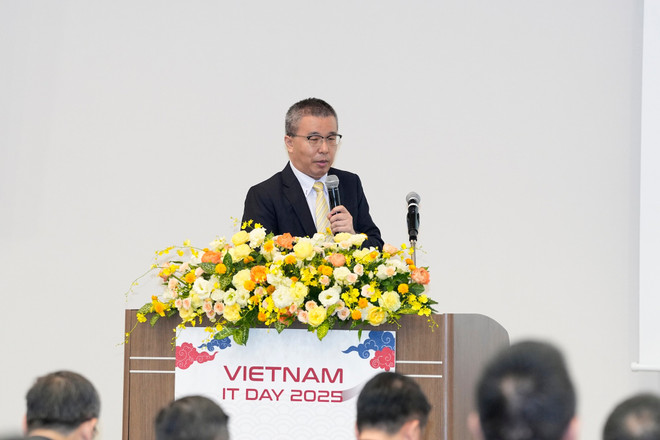
Mr. Ishida Eiji - Head of the International Digital Infrastructure Promotion Division, Global Strategy Bureau, Ministry of Internal Affairs and Communications of Japan (MIC), emphasized: "Japan is implementing the DX & Innovation Strategy 2030, focusing on AI, cybersecurity, quantum data, next-generation data centers and All-Photonics Network (APN). These are key digital infrastructure pillars to enhance competitiveness and ensure national security. Vietnam is an important partner, capable of accompanying Japan in developing digital infrastructure and digital human resources for the entire region."
Adding, Mr. Junya Kawamoto - Chairman of the JISA International Cooperation Committee, said: "Over the past 30 years, Japan's digital capabilities have seriously fallen from the world's No. 1 position in 1992 to 38th in 2024 according to IMD's digital competitiveness ranking. To regain our position, we need a bold strategy. Generative AI can become a 'game changer' that opens up opportunities for Japan to restore its technological strength and accelerate innovation. But to turn the opportunity into reality, we need deeper cooperation with strategic partners like Vietnam, a country that is emerging strongly with technological capabilities, young human resources and a spirit of innovation."
Vietnam Information Technology Day 2025 included 3 main activities: Workshop with 14 speakers, more than 200 delegates attending; Business Matching with more than 100 arranged meetings, each business met more than 10 partners; and exhibition introducing 11 Vietnamese businesses./.
Source: https://www.vietnamplus.vn/3-sang-kien-giup-cong-dong-doanh-nghiep-ict-viet-nam-nhat-ban-phat-trien-post1058589.vnp





![[Photo] Cat Ba - Green island paradise](/_next/image?url=https%3A%2F%2Fvphoto.vietnam.vn%2Fthumb%2F1200x675%2Fvietnam%2Fresource%2FIMAGE%2F2025%2F12%2F04%2F1764821844074_ndo_br_1-dcbthienduongxanh638-jpg.webp&w=3840&q=75)


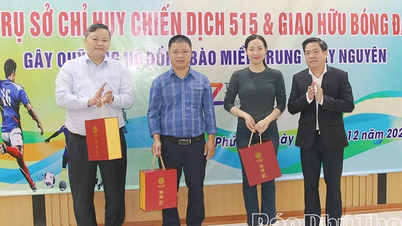





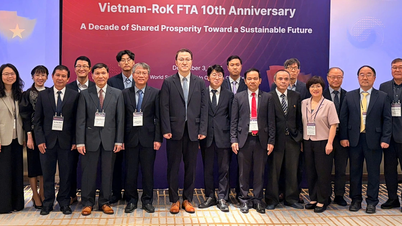

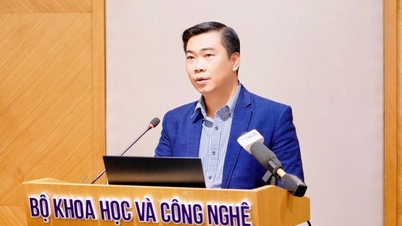



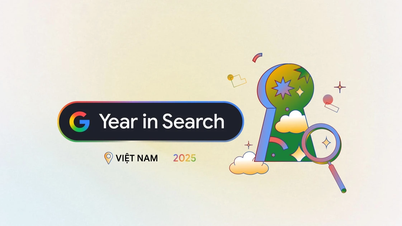












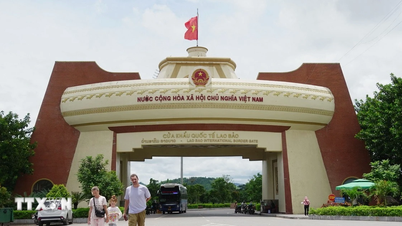

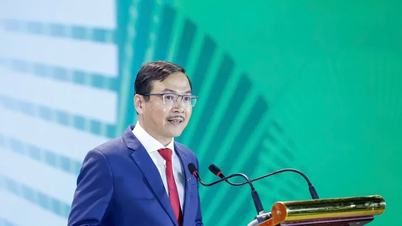

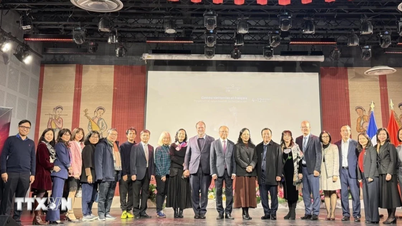

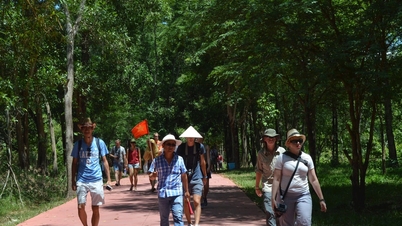


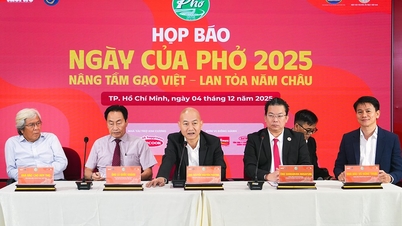















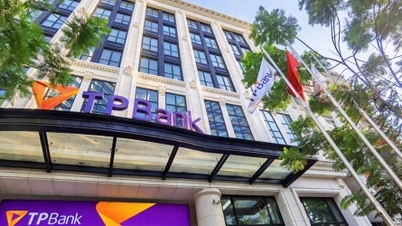



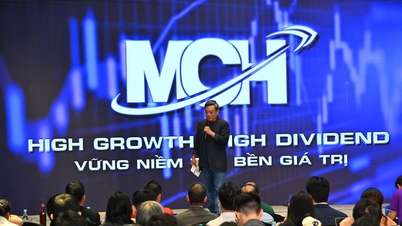


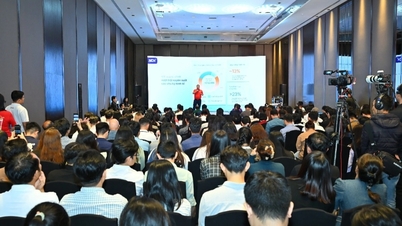












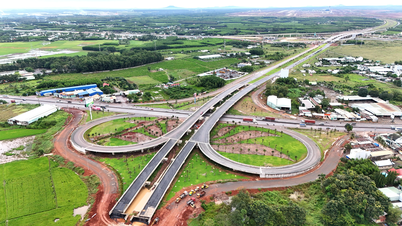





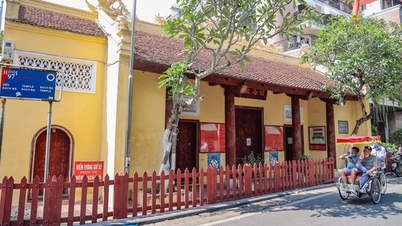
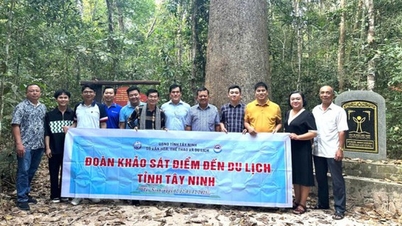
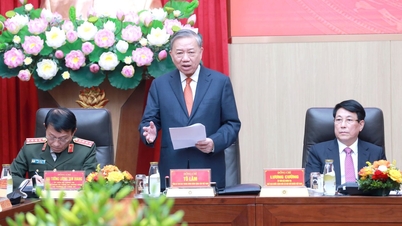

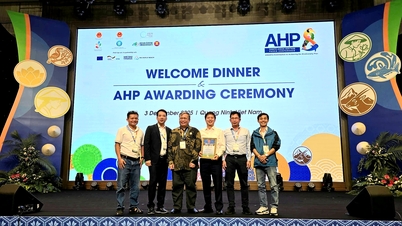

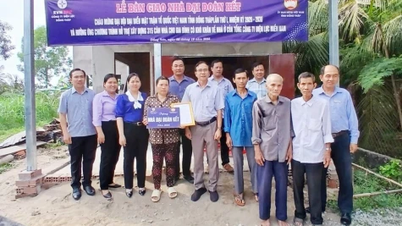

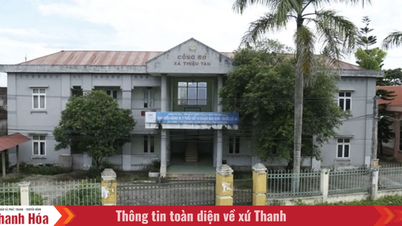




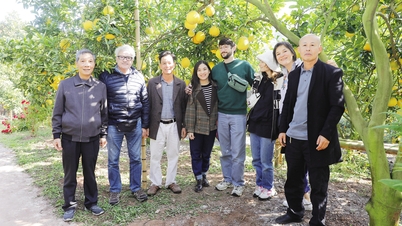














Comment (0)